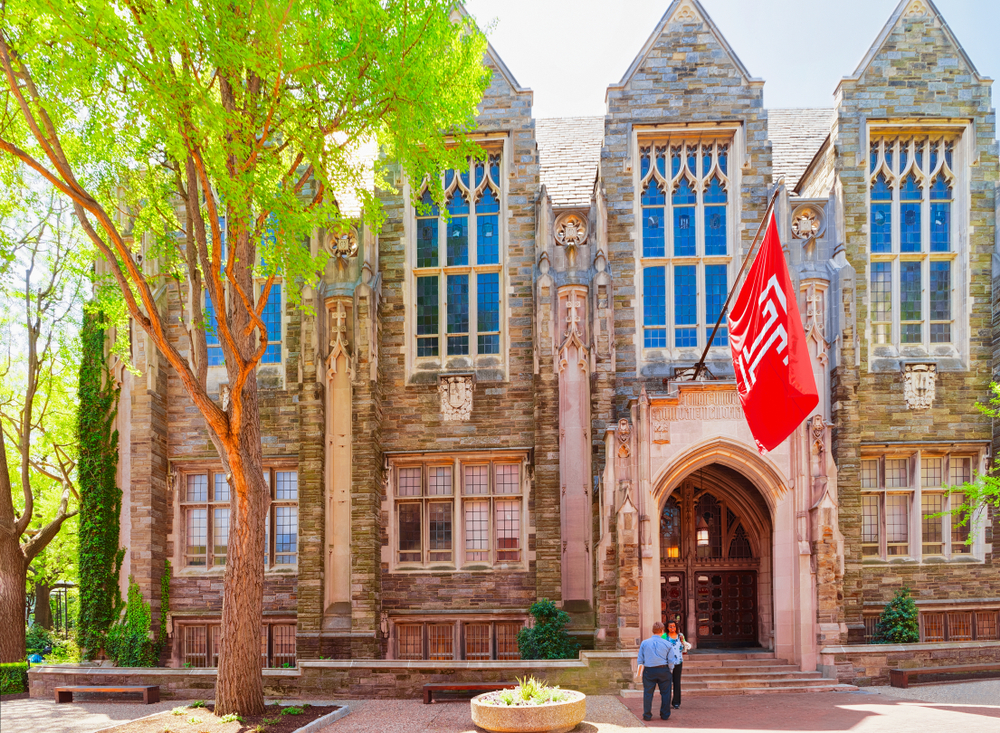The Charles L. Blockson Afro-American Collection, a vital institution dedicated to preserving African and Black American history, recently celebrated its 40th anniversary with a commemorative event at Temple University. This milestone not only honors the collection’s rich history but also highlights its ongoing commitment to documenting the global Black experience.
A rich repository of Black History
Founded by renowned author and historian Charles Blockson, the collection is housed at Temple University’s Sullivan Hall and boasts over 700,000 artifacts that span from 1581 to the present day. The anniversary celebration took place at the Charles Library, where attendees gathered to reflect on the significance of this extensive collection.
Voices of celebration
The event featured speeches from prominent figures, including Joseph Lucia, dean of Temple University Libraries; Gregory Mandel, Temple provost; and Diane Turner, curator of the Charles L. Blockson Afro-American Collection. During the event, Turner expressed her excitement about the anniversary, emphasizing the importance of continuing Blockson’s legacy. She quoted him, stating, “It’s not about him. It’s not about any of us. It’s about generations to come who will have access to a record of the global Black experience.”
Valerie Harrison, vice president for diversity, equity, inclusion and community impact, also spoke at the event, acknowledging Blockson’s relentless pursuit of the Black narrative. She stated, “The Temple University family, Philadelphia community, and people around the world are indebted to Charles Blockson for his unrelenting pursuit of the Black narrative and all of its historical significance.”
From humble beginnings to global recognition
Blockson’s journey began in a fourth-grade classroom when a substitute teacher claimed that “Negros had no history.” This statement ignited a passion in Blockson to collect African American materials, proving the teacher wrong and preserving the rich history of Black people. His initial efforts have since blossomed into a vast collection that encompasses books, sculptures, newspapers and other rare artifacts.
Blockson, who died on June 14, 2023, left behind a legacy that continues to inspire. His daughter, Noelle P. Blockson, fondly recalled her father’s dedication to his work, describing how their home transformed into a library filled with artifacts. She expressed pride in witnessing the collection grow in both recognition and volume, stating, per Temple Now, “It’s just been a beautiful, full-circle moment to see where it is today.”
A space for learning and understanding
The Charles L. Blockson Afro-American Collection serves as an educational resource for students and researchers alike. Turner highlighted the importance of the collection in fostering a sense of pride among African American students while also providing other students with a deeper understanding of the Black experience. “When they come in here and they research and find out these things, for the African-American students, it gives them a sense of pride, and for other students, it gives them an understanding and appreciation of the Black experience,” she said.
Looking ahead
As the collection embarks on its next 40 years, the commitment to preserving Black history remains steadfast. The anniversary celebration not only commemorated the past but also looked toward the future, with hopes of expanding the collection’s reach and impact. The ongoing dedication to documenting the Black narrative ensures that future generations will have access to a comprehensive record of their history.
The Charles L. Blockson Afro-American Collection stands as a testament to the importance of preserving history and fostering understanding among diverse communities. As we celebrate this significant milestone, we are reminded of the power of storytelling and the critical role that institutions like this play in shaping our collective memory.
















